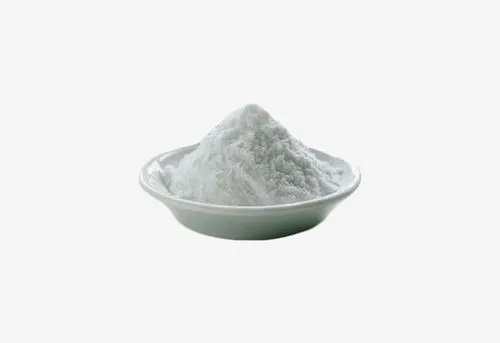The difference between lithium hydroxide and lithium carbonate
Hydroxide lithium (LiOH) and lithium carbonate (Li2CO3) are two different inorganic compounds. Their differences are as follows:
The chemical composition is different. Lithium hydroxide is an inorganic compound composed of lithium (Li) and hydroxide (OH), with the chemical formula LiOH; lithium carbonate is an inorganic compound composed of lithium (Li) and carbonate (CO3)2-, with the chemical formula Li2CO3.
The physical properties are different. Lithium hydroxide is a white crystalline powder, soluble in water and slightly soluble in ethanol; lithium carbonate is a colorless monoclinic crystal or white powder with a density of 2.11g/cm³ and is insoluble in ethanol and acetone.
Chemical properties are different. Lithium hydroxide is strongly alkaline, and the pH value of its 1mol/L solution is about 14; lithium carbonate is slightly soluble in water, but is easily soluble in acidic solutions, and can react with acids to form corresponding salts, which can be decomposed at high temperatures. are carbon dioxide and lithium hydroxide.
The uses are different. Lithium hydroxide is a common raw material for preparing other lithium compounds and is also used to prepare high-purity lithium and electrolytes for alkaline batteries. Lithium carbonate is one of the main raw materials for lithium-ion batteries and is also widely used in glass ceramics, metallurgy, and catalysts. , medicine, fertilizer and other fields.
The preparation methods and raw materials are different. Lithium hydroxide can be produced from lithium ore, salt lake brine and other raw materials through chemical reaction, precipitation, filtration, drying and other steps; lithium carbonate is mainly produced from salt lake brine and other raw materials through chemical reaction, evaporation, crystallization, separation and other steps.
Prices vary. Due to different preparation methods and raw materials, the price of lithium hydroxide is usually relatively high.
